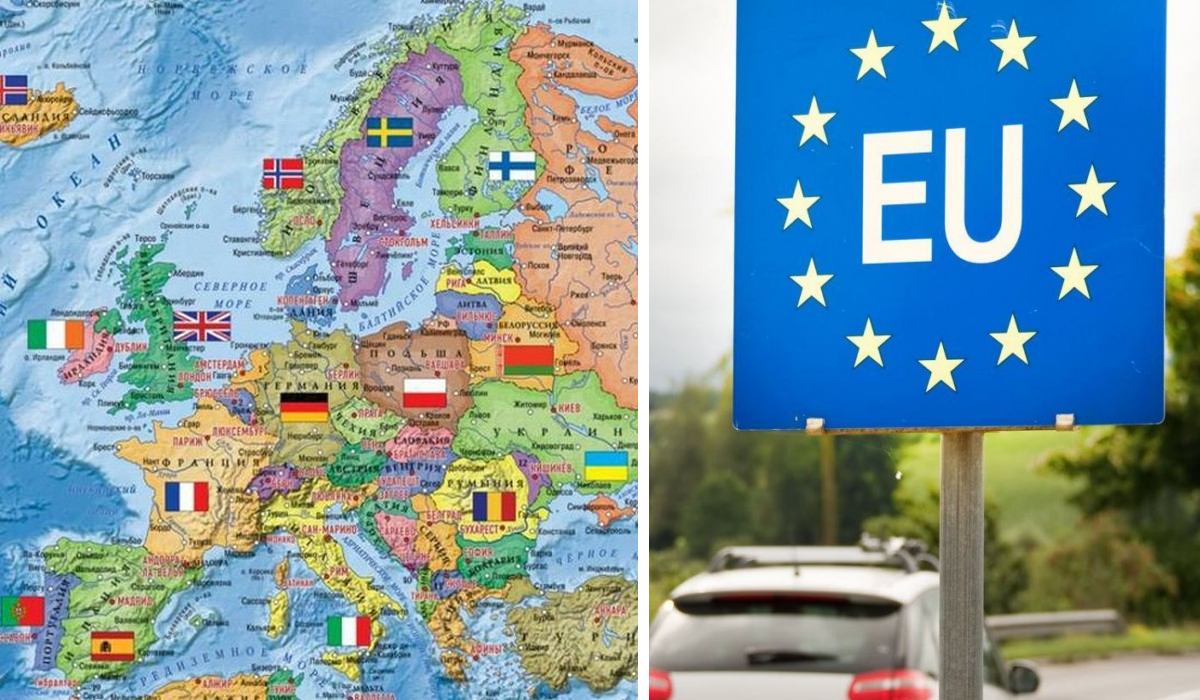The European Parliament adopted a resolution urging the EU to allow Bulgaria and Romania to enter the Schengen zone. It is expected that the adoption of this visa block will take place by the end of 2022. The plenary session of the European Parliament on this issue was held on Tuesday, October 18.
During the voting, 547 MEPs voted for the inclusion of Bulgaria and Romania in the Schengen application system, while 49 MEPs voted against it and 43 abstained. The adopted resolution stated that the Council of Europe should decide on the inclusion of the two countries in the Schengen area of free movement by the end of 2022.
MEPs criticized the fact that Schengen member states have not yet made this decision, because, according to them, both candidates have long since fulfilled the necessary conditions. The rejection of Bulgaria and Romania is discrimination, they said.
We remind you that a positive decision on the expansion of the Schengen area by new participants must be adopted by the EU Council unanimously, otherwise, the candidates will remain in their status. During the vote, which took place on October 18, 2022, MEPs repeated their call for the earliest possible admission of both countries to the Schengen area and emphasized that free movement is at the heart of the European project.
What does membership in the Schengen area provide?
Free movement, and thus free movement and tourism in 27 European countries, the right to live, study, work and retire in any EU member state. With the creation of the Schengen zone in 1995, control at the bloc’s internal borders was abolished.
Currently, the Schengen area includes most of the EU states, except: Ireland, which supports the opt-out clause and has its own common treatment area with Great Britain, as well as Bulgaria, Croatia, Cyprus and Romania. Four non-EU countries – Iceland, Liechtenstein, Norway and Switzerland – also belong to the Schengen area.

